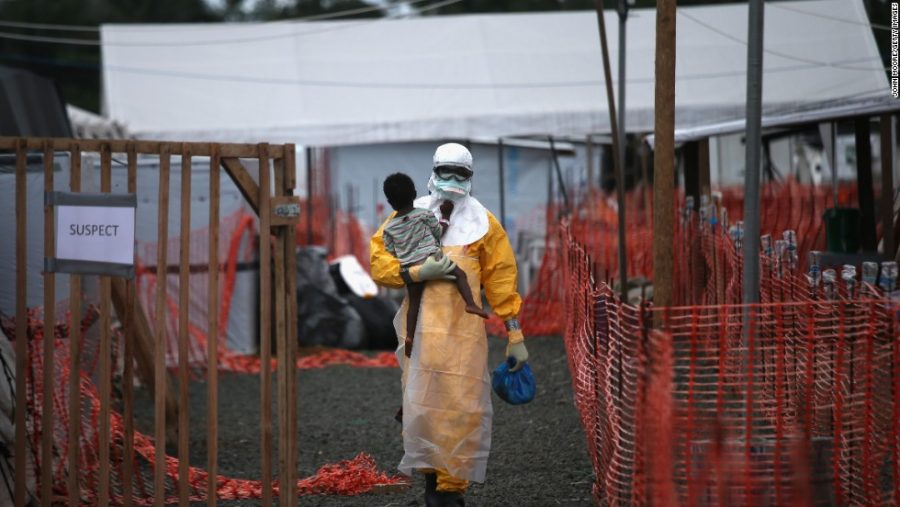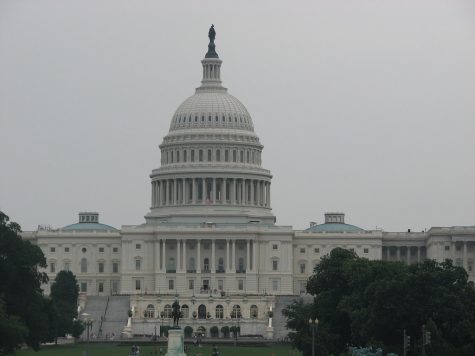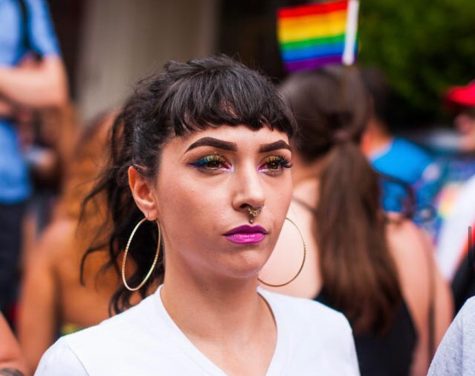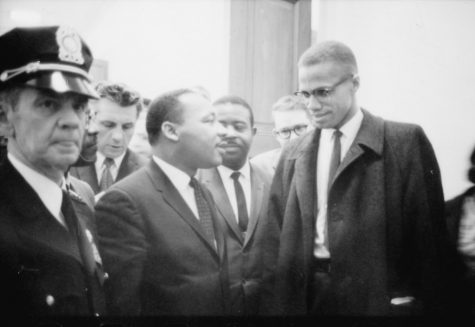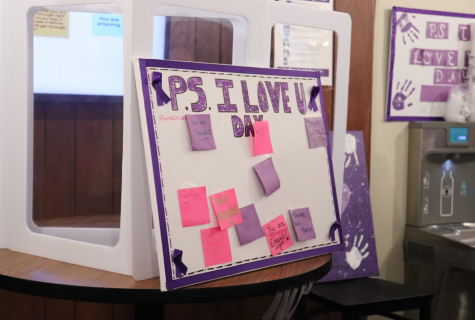Ebola Returns To Liberia
April 26, 2016
Just when the world thought they’d seen the last of it, Ebola has once again made a recent reappearance in the West African country of Liberia. The virus, transmitted by wild animals to the human population and having fatal measures, first surfaced on the radars of health officials in March 2014 and again in November 2015. Liberia faced one of the largest number of casualties from the virus, with approximately 2,000 reported cases and 1,000 deaths by September 2014, and neighboring countries of Guinea and Sierra Leone were also severely impacted. By August of 2014, travelers began carrying the disease to outside countries, causing the United Nations World Health Organization to declare the Ebola outbreak as an international public health emergency. It wasn’t until January 2016 that the Ebola epidemic was considered to be over; that is, up until recent news emerged.
Ministry of Health investigation teams in Guinea sent out a search last month regarding the location of a 30-year-old woman and her three young children, following the death of her husband caused by the Ebola virus. The husband’s family members were deemed high risk contacts of the extremely contagious disease. The woman turned up in Liberia, where she was staying with relatives, and was reported to have symptoms of the illness. Upon receiving fruitless treatments at local clinics, she was transported to a hospital in the country’s capital of Monrovia, but did not survive the trip. Currently, her two sons, ages five and two, have tested positive for the Ebola virus as well, and her daughter is being held under medical observation. Authorities in Liberia have immediately taken action in reactivating the country’s emergency response procedures. The country is observing and isolating all those in contact with the confirmed cases – currently about one hundred people – to hopefully prevent further spread of the virus. The disease is thought to have been reintroduced to the population due to its persistent presence in the bodily fluids of survivors. As of yet, this third outbreak of Ebola is not considered an international concern, as a potential vaccine for the virus is in the works. Health authorities in both Liberia and Guinea are working hard to keep the situation under control and make sure the rest of the West African population is secure.



